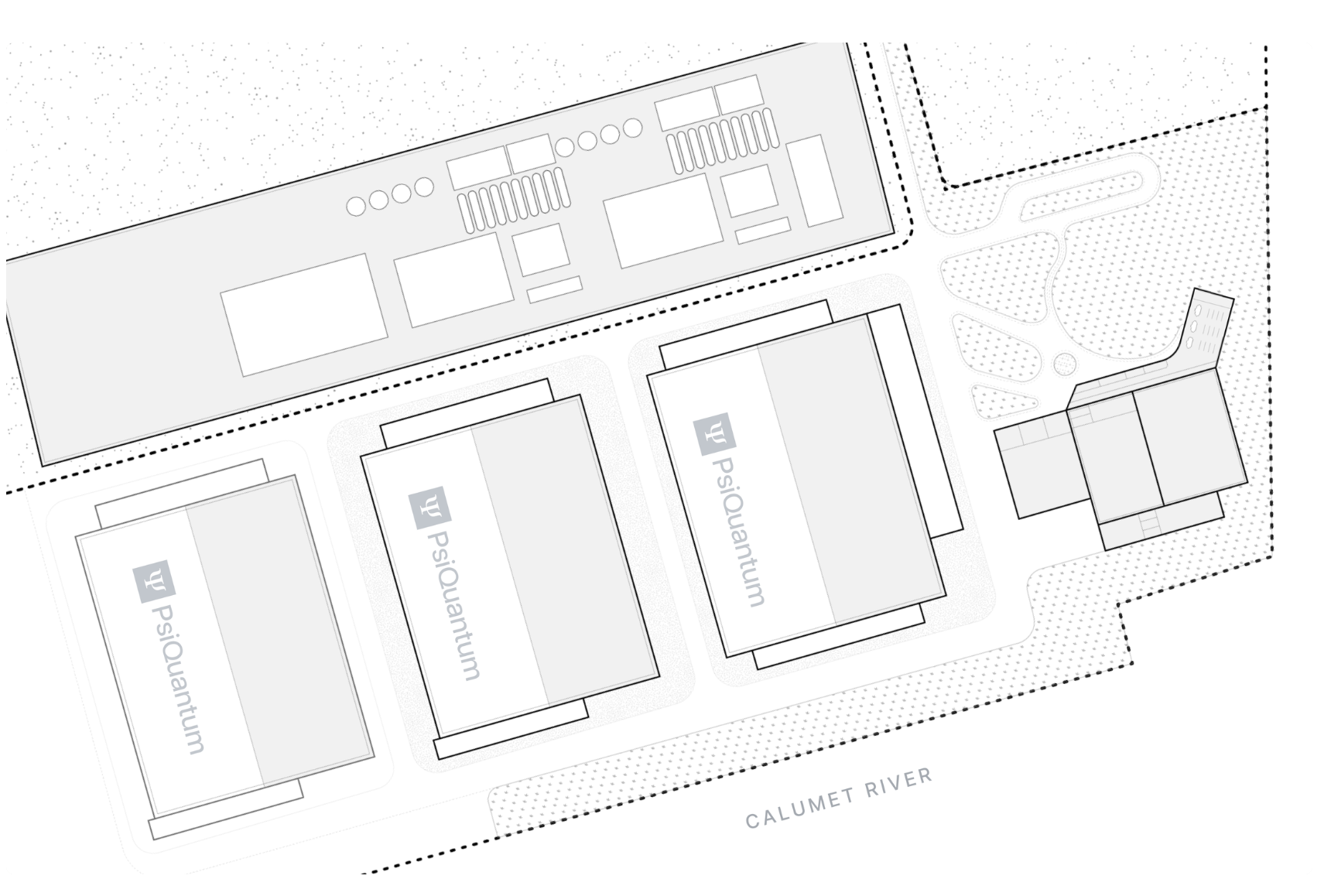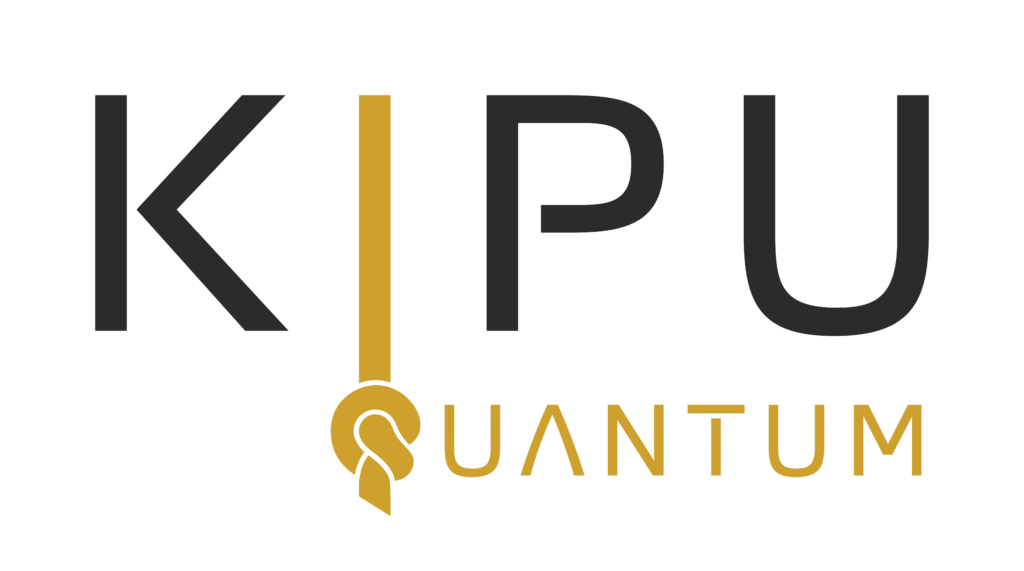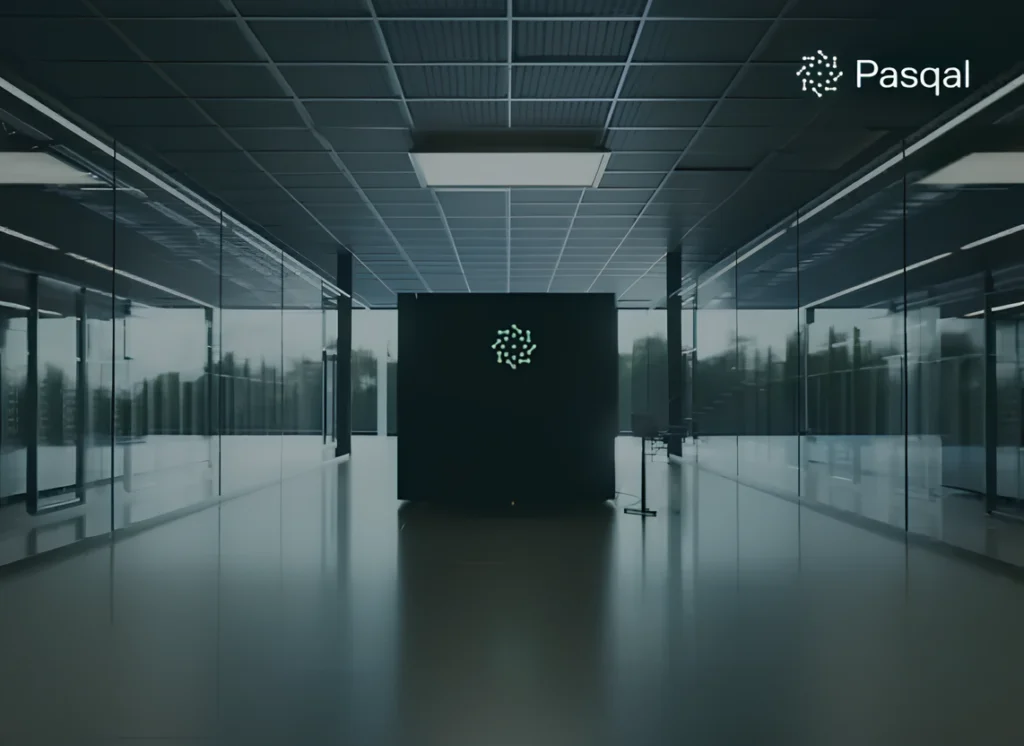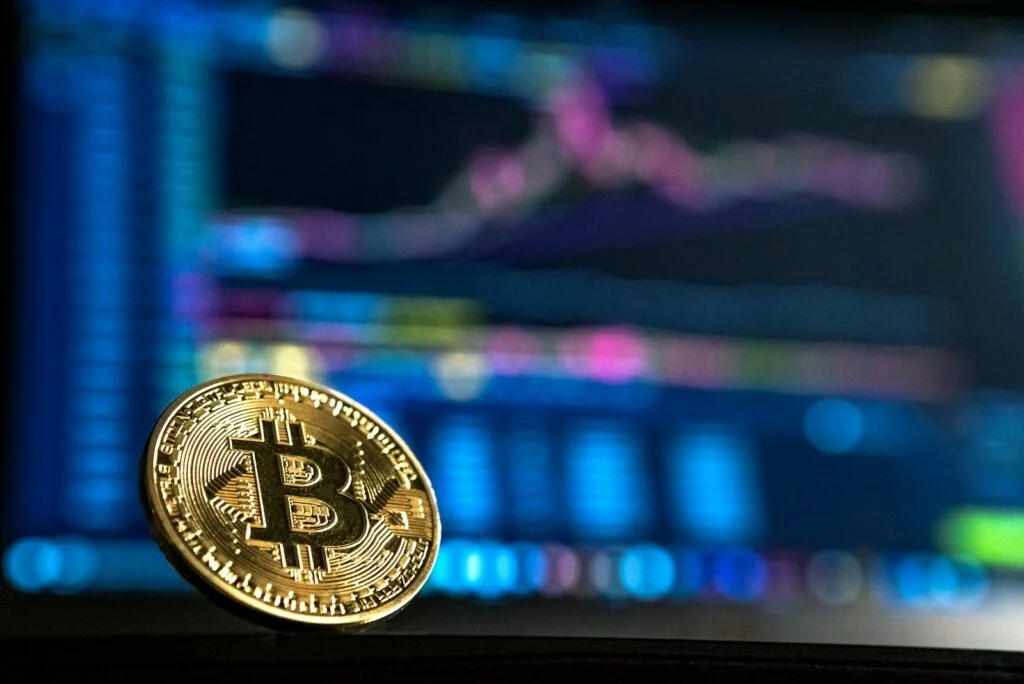Insider Brief
- Illinois has broken ground on the Illinois Quantum and Microelectronics Park, a multibillion-dollar quantum computing campus on Chicago’s South Side that is expected to attract global firms, billions in investment, and thousands of jobs, according to The Chicago Tribune.
- The 440-acre redevelopment of the former U.S. Steel South Works plant will feature anchor tenant PsiQuantum in a 300,000-square-foot facility, alongside companies including IBM, Infleqtion, and Diraq, with early state funding commitments totaling $700 million.
- The project is designed as both a research hub and economic engine, supporting scientists, engineers, and skilled workers while integrating community spaces, housing, and retail into the long-vacant lakefront site.
Work has begun on a multibillion-dollar quantum computing campus on Chicago’s South Side, transforming a long-vacant steel mill site into a hub for next-generation technology. The Illinois Quantum and Microelectronics Park is expected to draw global firms, billions in investment and thousands of jobs, according to The Chicago Tribune.
The 440-acre lakefront site once housed U.S. Steel’s South Works plant, which at its peak employed 20,000 workers. When the plant closed in 1992, fewer than 700 remained, leaving the site largely unused despite multiple redevelopment attempts. Plans for housing, a marina and other projects failed to gain traction, The Chicago Tribune reported.
On Tuesday, Gov. JB Pritzker and other officials presided over a groundbreaking ceremony marking a new era for the long-abandoned land.

“Today we break ground on a landmark project that will establish Illinois as the nation’s leading hub for quantum innovation while attracting billions in economic investment and creating thousands of jobs,” Pritzker said in a statement. “With a growing roster of innovators calling IQMP home, we will position Illinois as the global leader in quantum innovation, unlocking new opportunities for scientific breakthroughs and economic advancement right here on the South Side.”
The state has committed $500 million to the park in 2024, adding to $200 million in earlier quantum-related investments. Pritzker has made the effort a top priority, positioning Illinois against other states vying for leadership in quantum computing.
In a statement, U.S. Senator Dick Durbin of Illinois said that the groundbreaking is the first step in an effort to make Illinois a global center for quantum tech.
“Illinois is leading our country in the quantum revolution,” Durbin said in the statement. “As we break ground on the IQMP campus, with PsiQuantum as our anchor tenant, Illinois is establishing itself as a global hub for quantum research and investment. The IQMP campus is an outstanding example of what’s possible when our federal government, world-class National Labs, renowned universities, and local business leaders come together.”
Anchor Tenant and Industry Players
California-based PsiQuantum will serve as the park’s anchor tenant, eventually occupying a 300,000-square-foot building near 87th Street and Lake Michigan. The company is working to build the world’s first utility-scale quantum computer. Additional firms — including IBM, Infleqtion and Diraq — will also establish operations at the site, the newspaper reports. Several are backed by the Defense Advanced Research Projects Agency, offering a glimpse into the federal interest in quantum technology.
Curt Bailey, president of co-developer Related Midwest, said the first phase will focus on infrastructure such as new roads, power systems, and an 80,000-square-foot building for PsiQuantum. The facility will include offices, computing spaces, and a cryogenic environment, where processors can operate at near absolute zero.
“We hope that will be followed up quickly with phases two, three, four and five,” Bailey told The Chicago Tribune.
. “This is a part of the city which hasn’t seen a lot of investment in the past 50 years, but by the end we foresee the investment into this project will be in the multiple of billions.”
Jobs and Workforce
Beyond research, the project is pitched as an economic engine for Chicago’s South Side. Harley Johnson, executive director and CEO of the Illinois Quantum and Microelectronics Park said the park’s tenants will require not only scientists and engineers, but also skilled workers in machining, light manufacturing, and system maintenance.
“Our workforce is always the first thing they mention,” Johnson told The Chicago Tribune. “This is an industry that needs a supply chain that spans a pretty big range,” much like car manufacturers which attract auto parts suppliers. “That’s our hope and that’s what we expect.”
The park’s location near the University of Chicago, University of Illinois Chicago, and Northwestern University adds to its appeal. Developers expect the complex to attract more firms over the next decade, drawn by both the regional economy and access to customers.
“Today’s groundbreaking is a testament to Illinois’ leadership as a global hub for tech and innovation,” said Illinois Economic Development Corporation President and CEO Christy George, in a statement. “This Park is an unprecedented opportunity for our state to advance critical technologies and economic opportunity, and Illinois EDC is a proud partner. This unique endeavor will provide an ecosystem for PsiQuantum and the IQMP’s other tenants to uplift the future of Chicago’s South Side and all of Illinois, while advancing scientific endeavors that could impact us all.”
Quantum Explained
Quantum computers harness the physics of subatomic particles to process information in ways impossible for traditional machines. Instead of bits, which represent either 0 or 1, quantum computers use qubits, which can exist in multiple states at once. This theoretically allows them to tackle complex calculations such as simulating molecules for drug design, optimizing supply chains, or modeling climate systems.
“Ultimately, (a quantum computer) is a computer that solves big problems and solves them really fast,” Johnson told the newspaper.
Experts expect advances in quantum computing and microelectronics to drive breakthroughs in medicine, energy, finance and agriculture. The technology could speed up drug discovery, design more efficient batteries, or help financial institutions run faster risk models.
Reviving the South Works Site
For decades, South Works stood as a symbol of Chicago’s industrial decline. Its massive ore walls and rusting structures loomed over the lakefront, while redevelopment stalled. Bailey said the quantum park could finally bring new life to the site with not only labs and offices, but housing and retail as well.
The developers plan to build new community spaces along South DuSable Lake Shore Drive, extending the lakefront trail, adding walking paths, and preserving native landscapes for wildlife. Steelworkers Park, which includes a 30-foot ore wall once used to unload iron ore, will remain as a nod to the site’s past.
“The physical beauty of the site makes it a special place, and we want to respect that, not just for the neighbors, but for all Chicagoans,” Bailey told The Chicago Tribune. “You’re really out in the middle of the lake, so it’s going to be a great place to work.”














